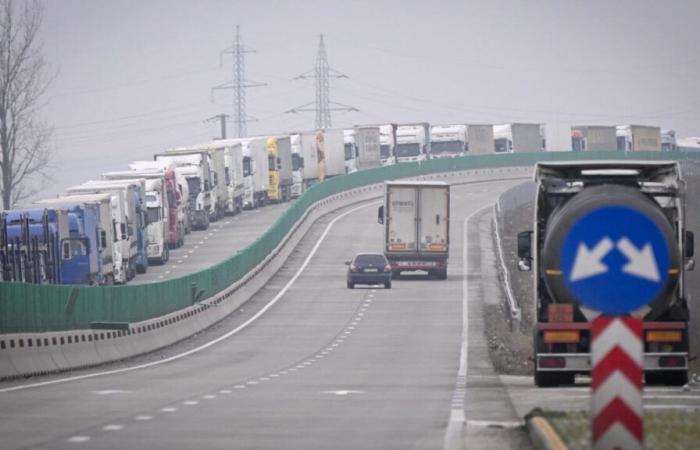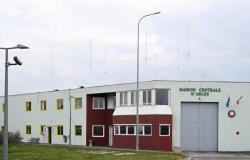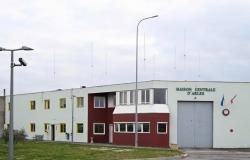Every start of the year has its share of new things. On January 1, 2025, two countries became full members of the Schengen area: Bulgaria and Romania. In a press release, the political authorities of these two Central European countries speak of a “historic decision”. Decryption.
It is important to remember: theSchengen area ensures the free movement of people and harmonizes traveler controls within its member countries. There are 29 in total, which represents nearly 420 million inhabitants. And if the Romania and the Bulgaria are member states of theEuropean Union since 2007, 18 years now, they were still not integrated into the Schengen area. At least they partially were. Since last March, controls at air and sea borders had been lifted, but with regard to land borders, these controls between countries and those of members of Schengen were still in force!
Also readAfter 13 years of waiting, Romania and Bulgaria fully integrate the Schengen area
Strategic crossroads
The geographical position of Romania and Bulgaria is essential for European trade. You just have to look at a map to understand. The two countries certainly have access to the Black Sea but not to the Mediterranean. This is the Greece which acts as an entrance door. Except that controls at the Greek-Bulgarian border were applied. Greece is now connected by land to the entire Schengen area community. This lifting of land border controls is therefore a boon, in a very concrete way. According to the Romanian Union of Road Transporters, the waiting time to cross the Hungarian border is between 8 and 16 hours. It takes even longer to enter Bulgaria, between 20 and 30 hours.
Today, no more long queues at the borders, cross-border workers will be able to be a little more free. Transporters will save millions of euros since the time that heavy goods vehicle drivers will not waste waiting, they will be on the roads. And in the end, Romanian products in particular will reach the European market more quickly, and at a lower cost!
Also listenSchengen, a space of variable dimensions
+2% of GDP
Casually, this wait at the border had a cost, and it is not negligible. According to the European Economic and Social Committee, this partial integration into the Schengen area has resulted in a shortfall of 2.3 billion euros per year for Romania. It's less for Bulgaria, 834 million euros, but all the same, on a country scale, it's considerable. Romania could even benefit from being a full member of Schengen. According to several forecasts, its GDP could increase by 2% this year.
This integration is therefore a real economic boost for these two countries, but also for the other members of this often coveted space. This will be synonymous with job creation, it will increase the competitiveness of Romania and Bulgaria on the European market. Foreign investors will be able to benefit from the improved connectivity of these two countries. In short, this integration could promote growth within the single European market!






